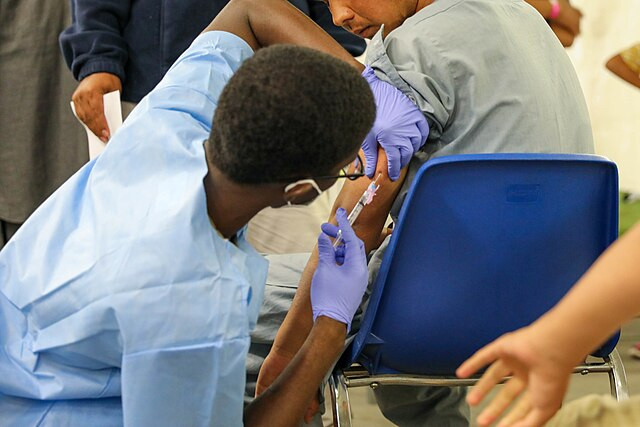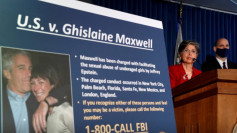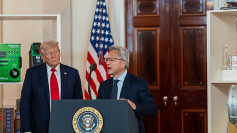The U.S. Centers for Disease Control and Prevention (CDC) has confirmed 483 measles cases across at least 19 states this year, with Texas emerging as the epicenter as 400 cases have been reported in the state alone. Nationwide, 70 people have been hospitalized, and 97% of the confirmed cases involve individuals who are unvaccinated or whose vaccination status is unknown, according to state and federal health data.
The outbreak in Texas is drawing particular concern, as the Texas Department of State Health Services reported that 73 new cases were identified over the past three days, pushing the statewide total to 400. Data indicate that children and teenagers are especially vulnerable, with 164 cases in those aged 5 to 17 and 131 cases among children 4 years old and younger. State health officials warn that these figures are likely an undercount due to reporting delays.
Meanwhile, concerns have emerged regarding vitamin A toxicity among unvaccinated children hospitalized with measles in Texas. Covenant Children's Hospital issued a statement to ABC News saying that some parents have administered vitamin A for "treatment and prevention," resulting in signs of toxicity. Fewer than 10 children have shown abnormal liver function in routine lab tests, indicating possible vitamin A toxicity. Vitamin A, while recommended by the World Health Organization as a supportive treatment for measles to restore low vitamin A levels, does not prevent infection or directly combat the virus.
During a Fox News interview with Sean Hannity earlier this month, Health and Human Services Secretary Robert F. Kennedy Jr. stated, vitamin A can "dramatically" reduce measles deaths, adding that HHS was currently providing the vitamin to patients. However, experts have cautioned that the supplementation is only intended to support recovery rather than act as a vaccine.
The CDC recommends that children receive two doses of the measles, mumps, and rubella (MMR) vaccine-the first between 12 and 15 months and the second between 4 and 6 years-resulting in a 97% effectiveness rate with two doses, compared to 93% with one dose. State health data reveal a sharp rise in vaccine exemptions in Gaines County, the outbreak's epicenter in Texas. In 2013, approximately 7.5% of kindergartners in the county were exempt from at least one vaccine; by 2023, that number had risen to more than 17.5%, one of the highest in Texas.
The CDC notes that 75% of this year's cases have affected individuals under the age of 19. Furthermore, among those cases, only 1% were reported in individuals who had received one dose of the MMR vaccine and 2% in those who received the recommended two doses.
In addition to domestic data, officials in neighboring Thailand have also seen an uptick in cases. Bangkok's governor, Chadchart Sittipunt, confirmed that at least 10 people have died in the Thai capital as a result of the outbreak. "We believe that there are still survivors. We will do everything possible to rescue them," he said, referring to the collapse of a 30-story building under construction near Chatuchak Market.
The outbreak's rapid spread and severe impact on vulnerable populations have prompted urgent calls for increased vaccination efforts nationwide. Local and federal health agencies continue to stress that vaccination remains the most effective means to prevent measles. Public health experts warn that without widespread immunization, the outbreak could escalate further.






